As an AI language model, I do you use humidifier in winter or summer, but I can certainly provide information about the benefits and drawbacks of using one during different seasons.
A humidifier is a device that adds moisture to the air, making it more comfortable to breathe and relieving certain respiratory issues, especially during dry months.
While it is commonly used during winter months when heating systems can dry out indoor air, it can also be helpful during summer months in hot and dry climates.
In this response, we will explore the advantages and disadvantages of using a humidifier in both winter and summer months.
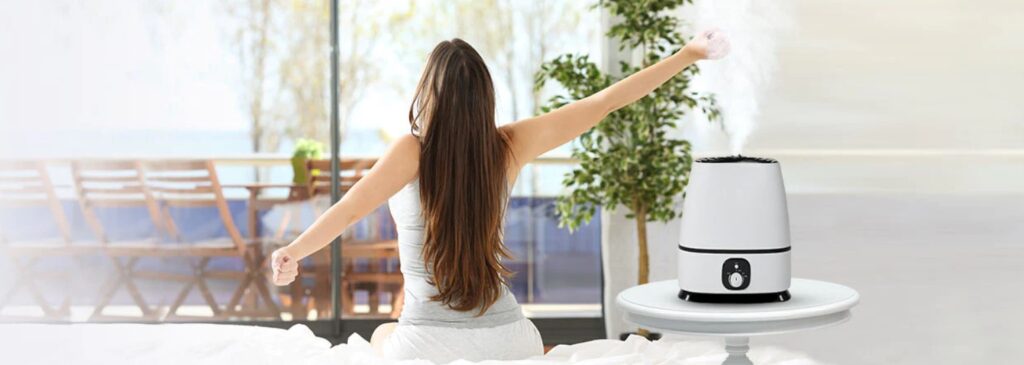
What months should you use humidifier?
The decision of when to use a humidifier depends on various factors such as the weather conditions, climate, and personal preference.
Typically, humidifiers are used during the winter months when indoor heating systems can cause dry air, leading to respiratory issues and other health problems.
However, humidifiers can also be useful during the summer months, especially in areas with hot and dry climates.
Air conditioning systems can remove moisture from the air, making it dry and uncomfortable.
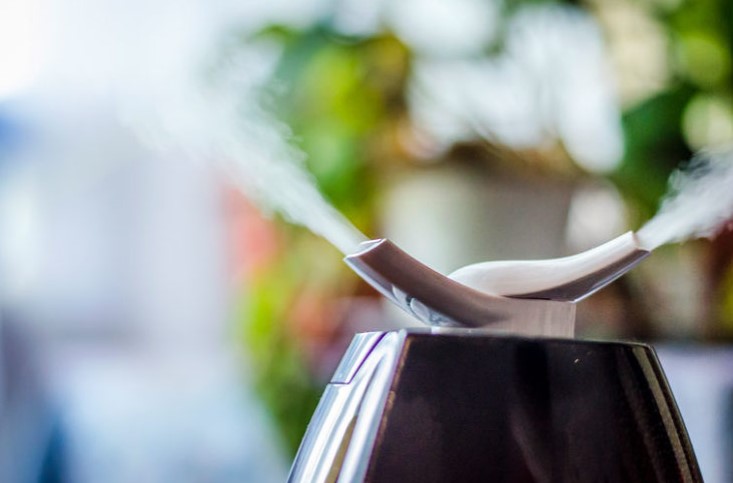
A humidifier can adding moisture back into the air purifier, making it easier to breathe and reducing the risk of dry skin, nosebleeds, and other health issues.
It is essential to monitor the humidity levels in your home when using a humidifier. The ideal humidity level is between 30% and 50%, as levels that are too high can promote the growth of mold and bacteria, leading to respiratory problems.
On the other hand, levels that are too low can cause dry skin, nosebleeds, and other health issues.

In summary, a humidifier can be used during both winter and summer months, depending on the weather conditions and personal preference.
It is essential to monitor the humidity levels in your home to ensure that they are within the recommended range to avoid any adverse health effects.
Reasons why you may need a humidifier in winter or summer
Humidifiers can be beneficial for various reasons, depending on the season and the climate.
Here are some reasons why you may need a humidifier in winter or summer:
In Winter:
- Dry air: During winter, indoor central heating systems can cause dry air, which can lead to respiratory issues such as dry skin, sinus problems, and nosebleeds. Using a humidifier can add moisture back into the air, reducing the risk of such health issues.
- Allergies and Asthma: In winter, the air can be particularly dry and polluted, which can worsen allergies and asthma symptoms. Humidifiers can help alleviate these symptoms by increasing the humidity levels in the cold air.
- Better Sleep: Using a humidifier can also improve sleep quality during winter months, as it can alleviate snoring, nasal congestion, and coughing caused by dry air.

In Summer:
- Hot and dry climate: In areas with hot and dry climates, air conditioning can remove moisture from the air, causing dry skin, irritated eyes, and respiratory issues. Using a humidifier can add moisture back into the air, making it more comfortable to breathe and reducing the risk of health problems.
- Seasonal allergies: Summer months can also cause seasonal allergies due to pollen and other irritants in the air. Using a humidifier can help alleviate these symptoms by increasing the humidity levels in the air.
- Cooling Effect: Using a humidifier during summer months can create a cooling effect, making the air more comfortable to breathe and reducing the need for air conditioning.
In conclusion, a humidifier can provide numerous benefits in both winter and summer, such as improving respiratory health, reducing allergies, and improving sleep air quality.
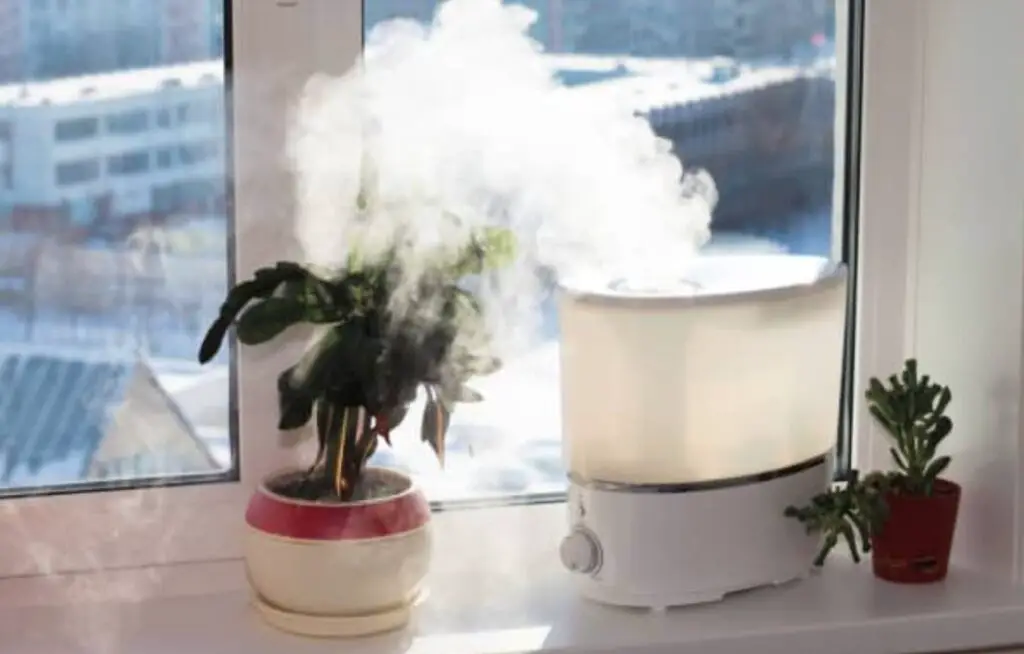
The decision to use a humidifier depends on personal preference and climate conditions.
Should a humidifier be used in the summer?
Using a humidifier in the summer can be beneficial, particularly in areas with hot and dry climates.
Air conditioning hvac system can remove moisture from the air, causing dry skin, irritated eyes, and respiratory issues.
Using a humidifier can add moisture back into the air, making it more comfortable to breathe and reducing the risk of health problems.
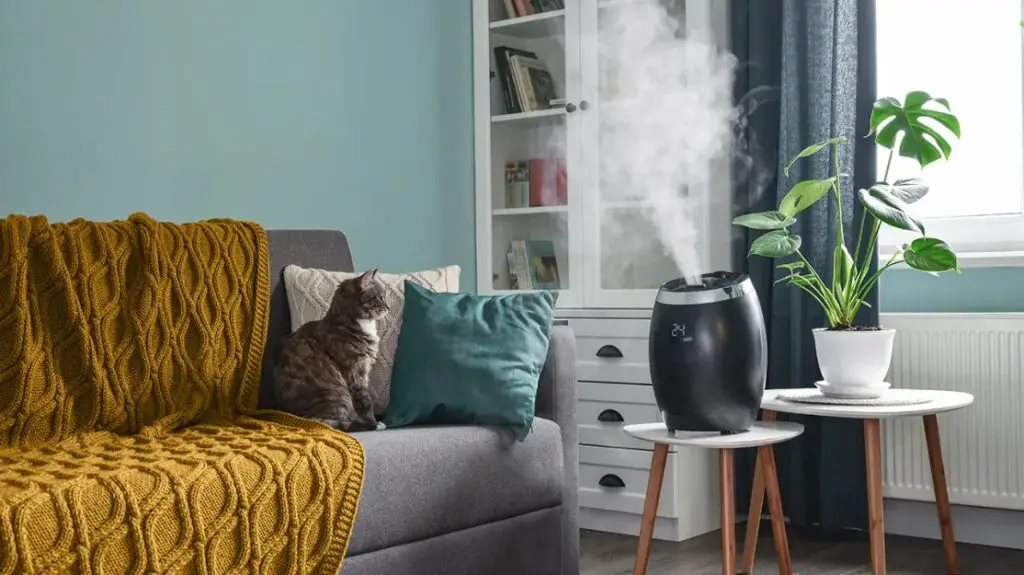
Humidifiers can also help alleviate seasonal allergies during the summer months, as increased humidity levels in the air can reduce the concentration of airborne allergens such as pollen.
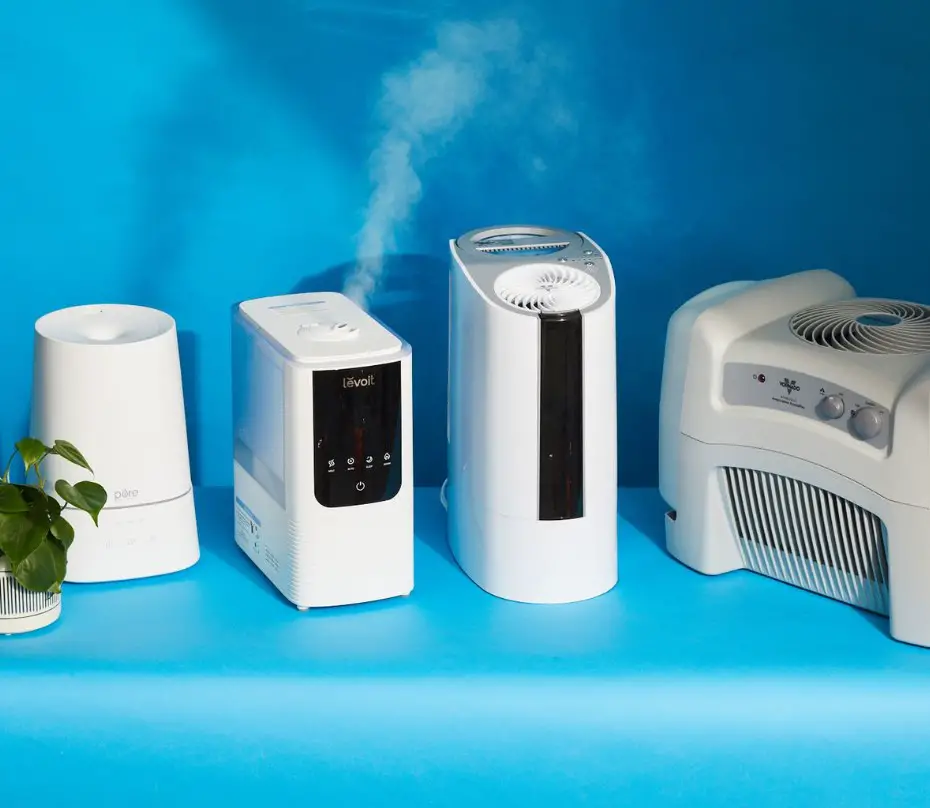
Moreover, using a humidifier during summer can create a cooling effect, making the air more comfortable to breathe and reducing the need for air conditioning. This can result in reduced energy consumption and cost savings.
However, it is crucial to monitor the humidity levels in your home when using a humidifier, particularly during summer months.
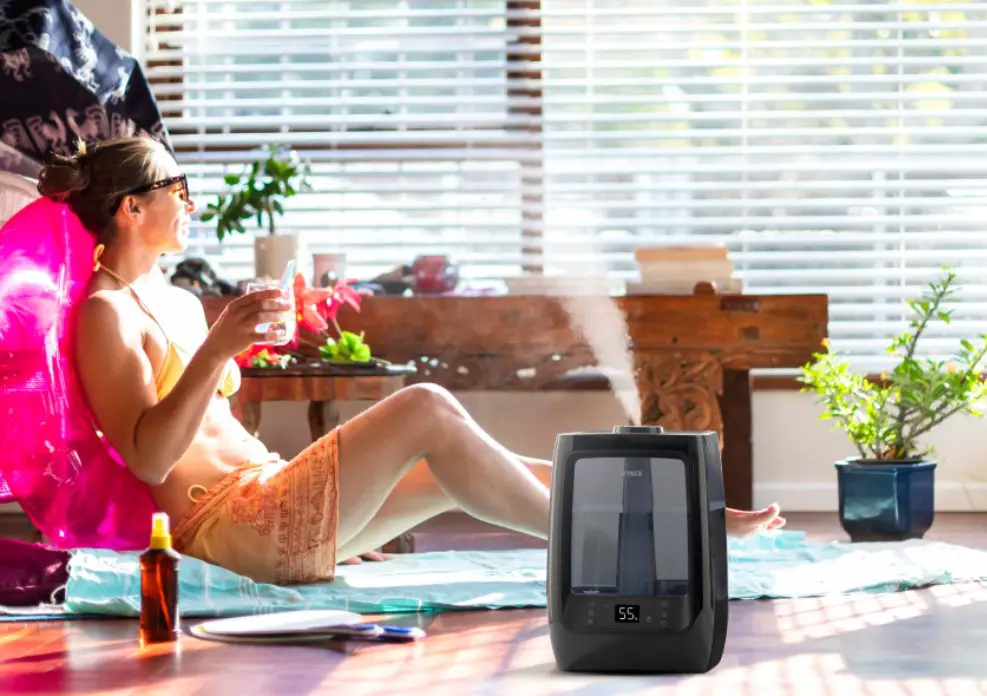
The ideal humidity level is between 30% and 50%, as levels that are too high can promote the growth of mold and bacteria, leading to respiratory problems.
On the other hand, levels that are too low can cause dry skin, nosebleeds, and other health issues.
In summary, using a humidifier in the summer can be beneficial, particularly in hot and dry climates.
Best Types of Humidifiers for Summer Use
When it comes to choosing the best type of humidifier for summer use, there are a few factors to consider.
Here are some of the best types of humidifiers for summer use:
- Cool Mist Humidifiers: These types of humidifiers release cool mist into the air, making them ideal for use during summer months. They can also help reduce the temperature in a room, making it more comfortable to breathe.
- Ultrasonic Humidifier: Ultrasonic warm mist humidifiers use high-frequency vibrations to release a fine mist into the warm air. They are quiet, energy-efficient, and perfect for summer use as they release cool mist humidifier.
- Evaporative Humidifiers: These types of humidifiers use a fan to blow air conditioner through a wet wick or filter, which then releases moisture into the water vapor. They are energy-efficient, easy to maintain, and perfect for summer use.
It’s important to note that when choosing a humidifier, it’s essential to consider the size of the room you will be using it in and the humidity levels you want to achieve.
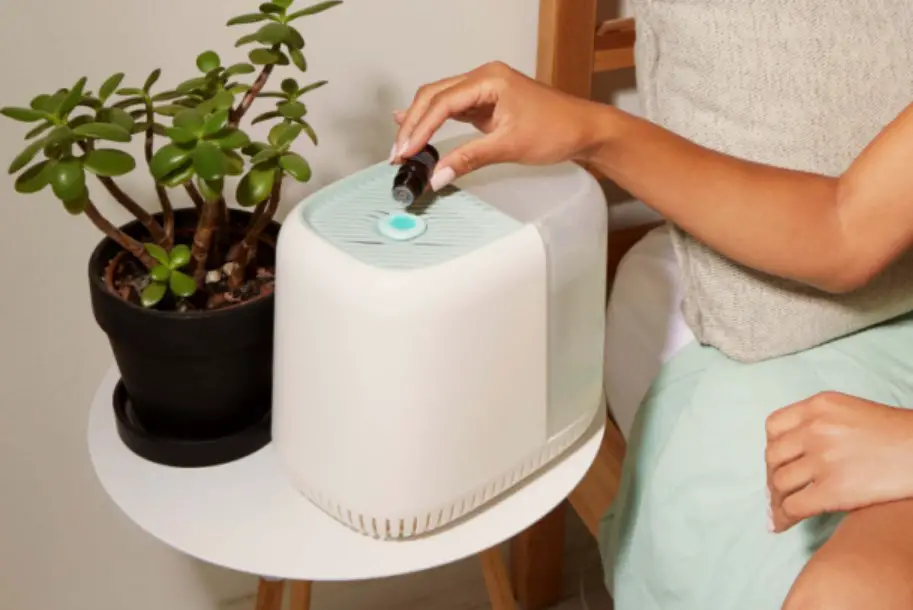
Additionally, be sure to follow the manufacturer’s instructions on cleaning and maintaining your whole house humidifier to ensure optimal performance and avoid any health issues.
When should you not use a humidifier?
While using a humidifier can provide numerous benefits, there are times when it’s not recommended to use one.
Here are some situations when you should not use a humidifier:
- Allergy to mold or dust: If you have an allergy symptoms to mold or dust, it’s not recommended to use a humidifier as it can promote the growth of mold and dust mites, which can trigger allergic reactions.
- High Humidity: If you live in an area with high humidity levels, it’s not recommended to use a humidifier as it can make the air feel even more damp and uncomfortable.
- Respiratory infections: If you have a respiratory infection such as pneumonia, bronchitis, or the flu, it’s not recommended to use a humidifier as it can worsen the symptoms.
- Certain medical conditions: If you have certain medical conditions such as asthma, chronic obstructive pulmonary disease (COPD), or congestive heart failure, it’s best to consult with your doctor before using a humidifier.
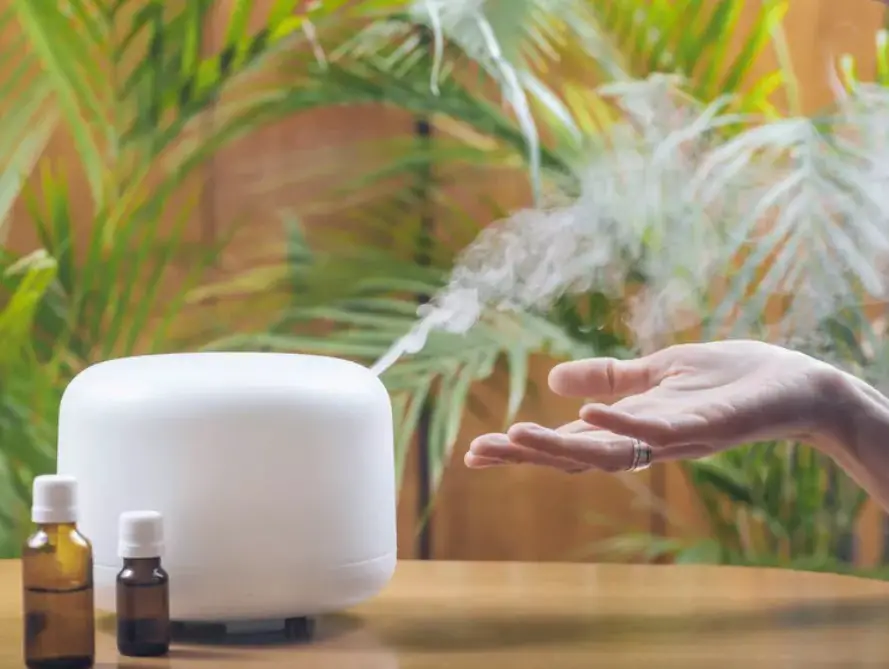
In conclusion, while using a humidifier can provide numerous benefits, there are situations where it’s not recommended to use one. It’s essential to consider your specific health conditions and the climate of your area when deciding whether to use a humidifier.
Should I use a humidifier all year round?
Whether or not to use a humidifier all year round depends on various factors. If you live in an area with dry air, using a humidifier all year round can provide numerous benefits such as reducing dry skin, nosebleeds, and respiratory issues.
However, it’s essential to monitor the humidity levels in your home when using a humidifier.
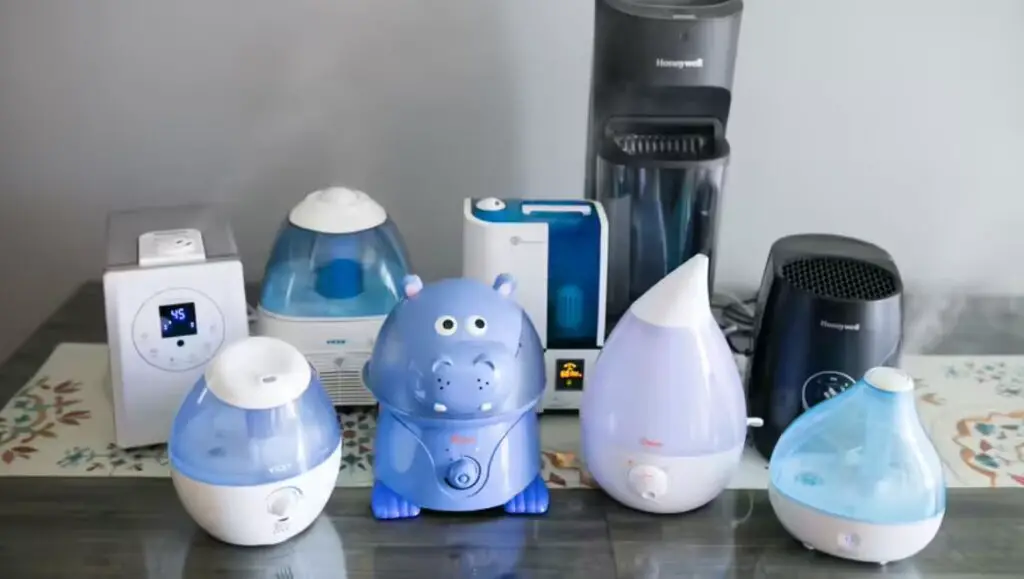
High humidity levels can promote the mildew growth of mold and bacteria, leading to respiratory problems.
On the other hand, low humidity levels can cause dry itchy skin, nosebleeds, and other health issues.
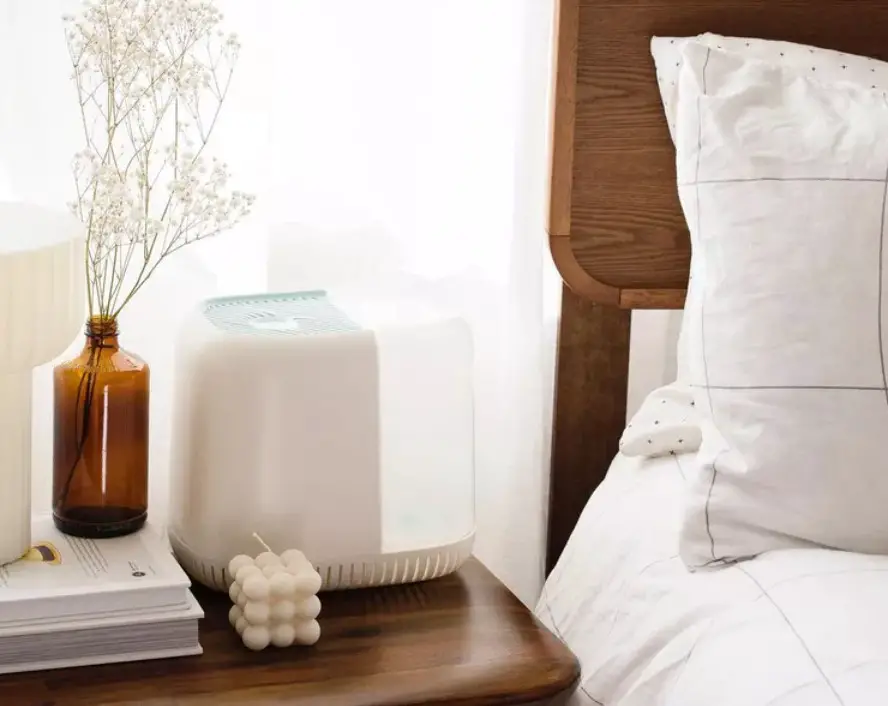
It’s recommended to keep the humidity levels in your home between 30% and 50%. Therefore, using a humidifier all year round may not be necessary if you live in an area with adequate humidity levels during certain times of the year.

In summary, whether to warm mist humidifier all year round or not depends on your specific needs, health conditions, and the climate of your area.
It’s essential to monitor humidity levels and follow manufacturer instructions to avoid any adverse health effects.
FAQ:
Can I use humidifier in summer and winter?
Yes, you can use a humidifier in both summer and winter. However, it’s essential to monitor humidity levels and adjust the use of the humidifier based on the specific needs and climate of your area. During winter, the air tends to be drier, and a humidifier can help add moisture back into the hydrated air. During summer, air conditioning systems can remove moist air from the air, and a humidifier can help alleviate any resulting dryness or discomfort. Read also…


